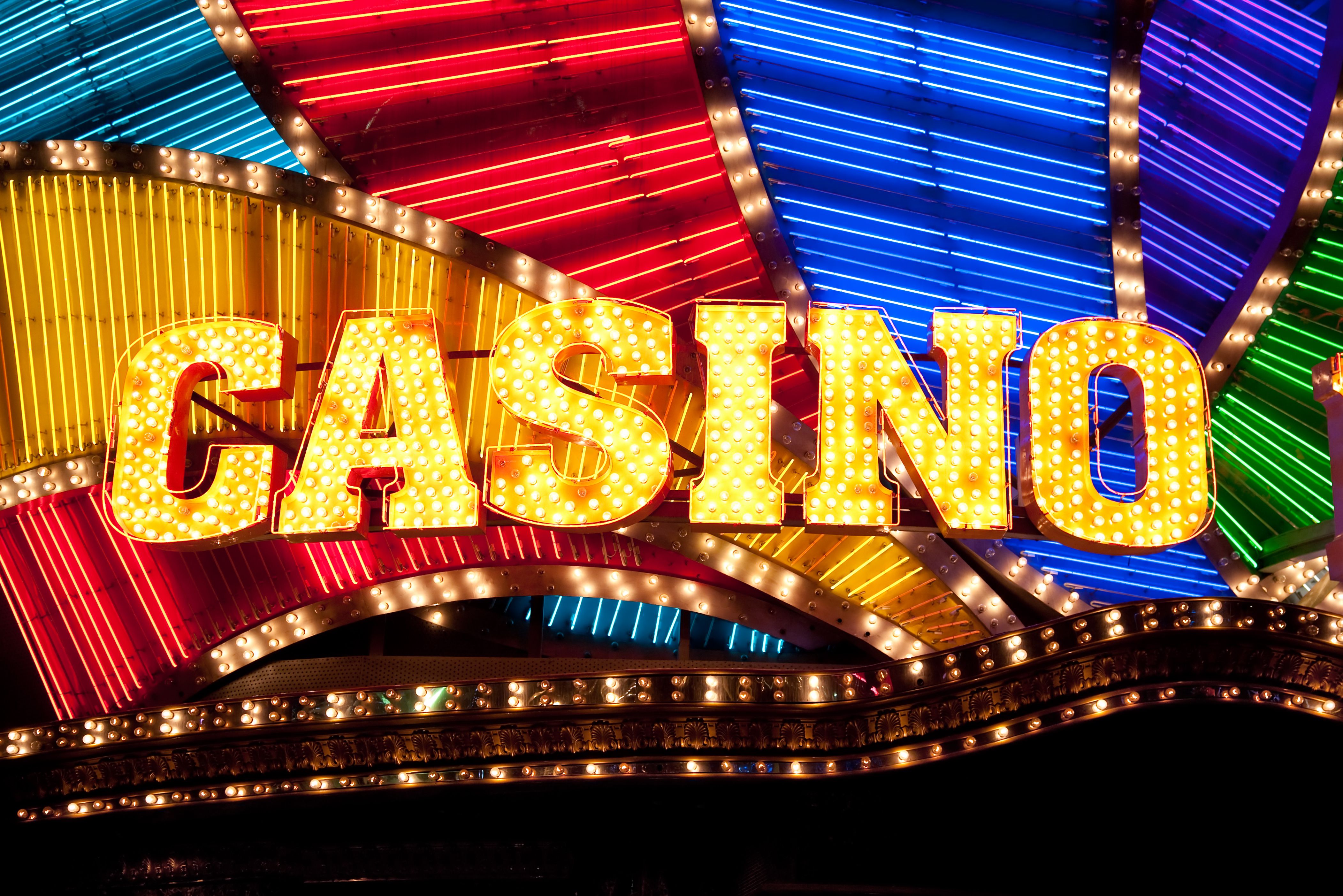
Gambling in casinos has long been a topic of fascination and debate, drawing in millions of players globally. With a blend of chance, skill, and the excitement of risk, casino games offer an exhilarating escape from everyday life. However, as entertainment becomes ever more available, it calls for a deeper examination of the ethical implications surrounding these games.
At the heart of the discussion lies the question of whether casinos promote safe gambling or take advantage of vulnerable individuals. The allure of potential winnings versus the reality of losses can create a challenging dynamic, and understanding this balance is crucial for both players and operators. As we delve into the morals of casino gaming, we will explore the duties of casinos, the effects on society, and the measures that can be taken to foster a healthier gaming environment.
The Impact of Casino Gaming on Society
Casino gaming has a notable influence on society, affecting not only the economy but also social behaviors and community structures. The funds generated from casinos can lead to employment opportunities and boost local economies, as they provide various employment opportunities in different sectors including food and beverage, entertainment, and retail. However, while the economic advantages can be significant, communities often grapple with the possible negative impacts that arise from higher gambling activity. Khuyến mãi I9bet
Additionally, the presence of casinos can lead to an increase in gambling addiction, presenting significant challenges for individuals and families. i9betcom The excitement of casino games can quickly transform into a compulsive habit, affecting personal relationships and leading to monetary issues. Many individuals may struggle with the loss of control over their gambling habits, resulting in a need for assistance programs and interventions to address this growing issue. The social cost of gambling addiction can extend through kinships and neighborhoods, creating an urgent need for sensible gambling approaches.
In addition to the economic and social ramifications, casino gaming often reflects cultural attitudes towards uncertainty and leisure. It can foster a sense of joy and leisure, attracting visitors and boosting tourism. However, this allure may also mask the broader implications of gambling as a method of entertainment, raising ethical questions about its promotion and accessibility. As communities weigh the benefits and disadvantages of casino gaming, the need for responsible practices and oversight becomes increasingly critical in ensuring that the beneficial elements are enhanced while reducing the potential harms.
Moral Concerns in Betting Activities
The ethics of casino gaming often center around the risk for dependency and its consequences on people and households. Betting can lead to serious financial distress, impacting not only the betters but also their families. As people become entrapped in the appeal of winning, many lose sight of their financial limits, which can result in catastrophic results such as bankruptcy. This poses moral questions about the responsibility of casinos in promoting responsible gambling practices and providing support for those who may be dealing with betting addiction.
Another major issue is the promotion of betting to at-risk populations. Casinos often target low-income individuals or communities with the offer of fast rewards, which can perpetuate cycles of financial struggle and hopelessness. In this context, the ethics of advertising strategies used by gambling establishments come under scrutiny, as they may take advantage of the need of people seeking an way out from financial hardships. This manipulation raises moral questions about the honesty of the betting industry and its responsibility to safeguard its most vulnerable patrons.
Additionally, the impact of casino operations on the community as a whole cannot be overlooked. While some argue that casinos create jobs and boost local economies, others point to the social costs associated with problem gambling, increased criminal rates, and a strain on public resources. Balancing economic benefits with the potential for social harm presents a challenging moral dilemma for lawmakers and gambling operators alike. The difficulty lies in finding a responsible approach that prioritizes the welfare of individuals and communities while still allowing for the pleasure of casino activities.
Regulatory System and Obligations
The legal structure related to gambling games is designed to ensure fairness, trustworthiness, and participant safety. Multiple government bodies and gaming commissions create and enforce regulations that dictate how gaming activities work, the standards for activity development, and the processes for handling rewards. These regulations change by region but typically involve licensing requirements for operators and stringent measures to prevent cheating and scams.
In furthermore to regulatory bodies, gaming operators bear significant responsibility in maintaining moral standards within their facilities. They must enforce safe gaming practices that promote gambler protection and education, including offering self-ban options and sharing information about the dangers connected to gaming. Operators are also responsible for instructing staff to recognize signs of difficult gambling and be aware of the appropriate steps to support visitors in distress.
Furthermore, clarity in casino operations is essential for building and preserving public faith. Casinos should provide clear information about the probabilities of operations, advertising opportunities, and any associated hazards. By fostering an atmosphere of honesty and trust, casinos can help lessen the potential negative impact of betting while boosting the overall gambling experience for all players.
